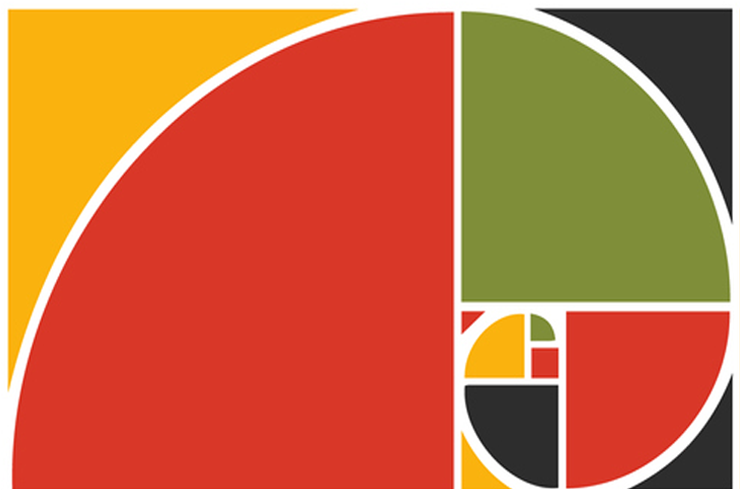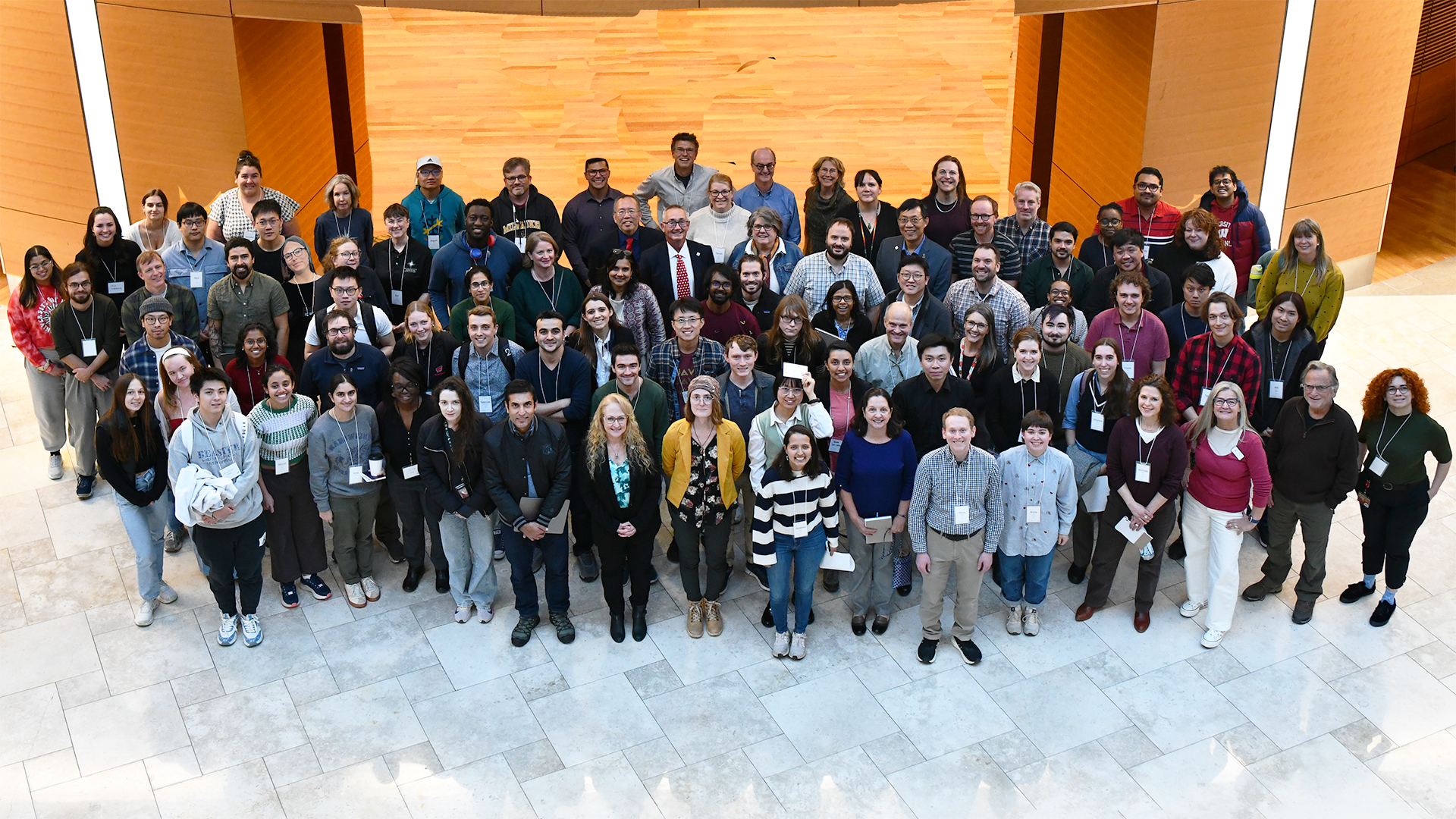Students Power Up in Classroom with Biofuels Video Game
High school students wrestle with the sustainability challenges of making real-world decisions about biofuel agriculture while playing Fields of Fuel, an educational video game developed by WID researchers.
Recently released online for use by educators and the public, Fields of Fuel encourages students to evaluate how competing factors such as environmental consequences, energy production and profits affect biofuel farming outcomes.
While optimism about the future of biofuels grows, many questions still remain about which biofuel crops are the most sustainable. The game draws from active research conducted at the Great Lakes Center for Bioenergy Research (GLBRC), where scientists probe questions about the relationships among soil quality, production yields and income generation.
The idea behind the game grew over time, through collaborations among WID postdoctoral researcher Steve Wangen, researcher Michael Ferris, former collaborator Ben Shapiro, Leith Nye of GLBRC and Rosemary Russ of the Department of Curriculum & Instruction, who helped develop and test the game during the last three years.
Erin Parker, a Madison East High School science teacher, tested Fields of Fuel with a group of former students who agreed to meet her for a special summer session on the UW–Madison campus. She says she was impressed with the learning outcomes and plans to use the game in her environmental science and urban agriculture classes at Madison East in the upcoming spring semester.
“The kids were not only interested in how to win but in figuring out how the game worked and why,” Parker says. “It was great because it put a lot of pieces together for them in a way that was more engaging and fun for them to do than just reading about it. The students could see the impacts of their actions and the impacts of their actions individually and collectively.”
Parker says her students learned that if everyone was growing corn, the corn prices would crash and soil fertility would drop.
“It was really interesting because I am not sure they had thought about the bigger picture,” she says. “They don’t need a tremendous amount of teacher interaction to do it.”
Parker says today’s generations are used to playing computer games and trying again if they don’t do well in a round.
“If it doesn’t work out, they are going to play again anyway,” she says. “That was really nice. You don’t always see that in the classroom with more traditional activities.”
“When you give students an opportunity to drive the activity versus just following a set of instructions that I give them, they take ownership over it.”
-Matthew Tiller
Matthew Tiller, a science teacher at Verona Area High School, shared Fields of Fuel while he was teaching in the UW–Madison PEOPLE program. He too was impressed with the learning outcomes.
While playing Fields of Fuel, “students have control of the variables, and they can manipulate quantities,” he says. “When you give students an opportunity to drive the activity versus just following a set of instructions that I give them, they take ownership over it. They get to incorporate their own ideas, their own hypotheses. Then the activity takes on meaning for them, and they begin to build an explanation for their outcome.”
Tiller says the students he teaches are part of a technologically savvy generation and games are effective teaching tools.
“Gaming is just another way to sneak in the concepts that you want them to learn,” he says. “For a lot of kids, it speaks to them.”
To play the game, students learn to make decisions and accept the consequences of those decisions. Along the way, they ask questions: Should I plant corn or switch grass? What crops are other farmers planting? What are the environmental consequences of planting a certain crop? What are the market conditions for the crop? How much green energy can a biofuel crop produce?
The underlying dynamics of the game are based on a relatively complex model of the system based on published research. Fields of Fuel takes this level of scientific understanding and makes it and the associated dynamics accessible in an interactive way to a wider audience than might otherwise be possible.
Steve Wangen says the impetus for Fields of Fuel goes back to the Trails Forward class that he previously taught with Michael Ferris and Ben Shapiro. In this class, students with different academic backgrounds used software to develop wildlife conservation scenarios based on actual data. Wangen says the class established communication among some of the more ecologically-minded people on campus, tying together computer science and ecology. Fields of Fuel builds on the cross-disciplinary connections already forming.
By Mary Sussman









